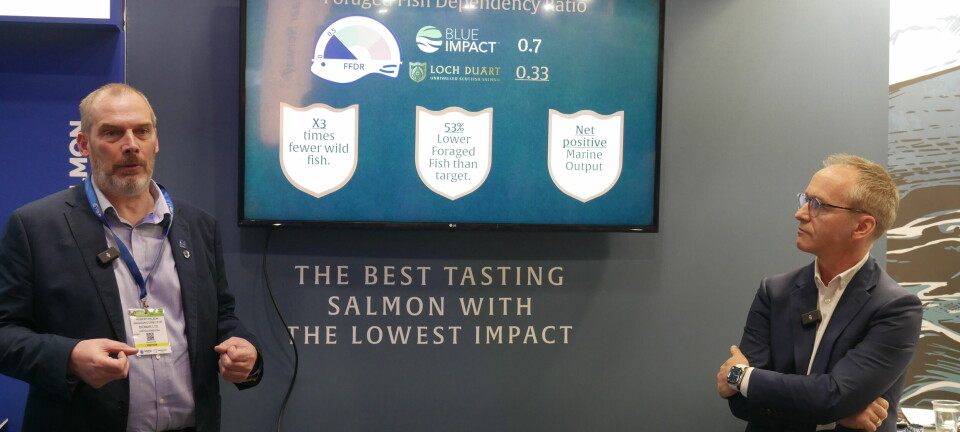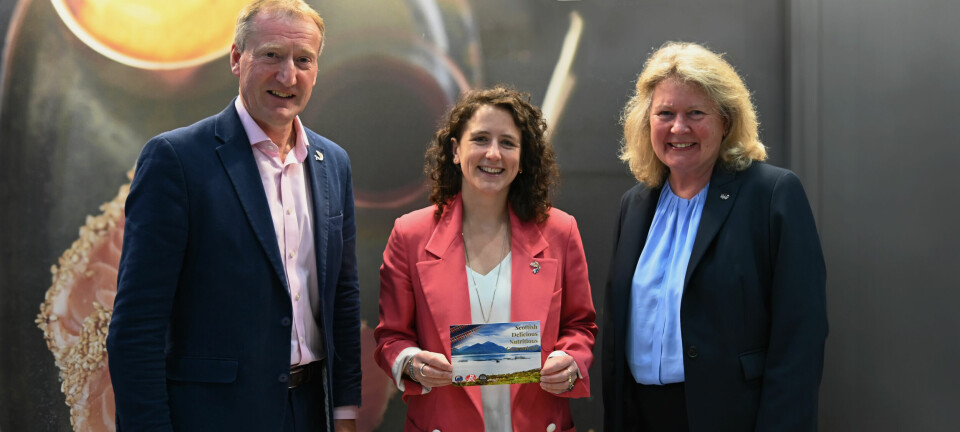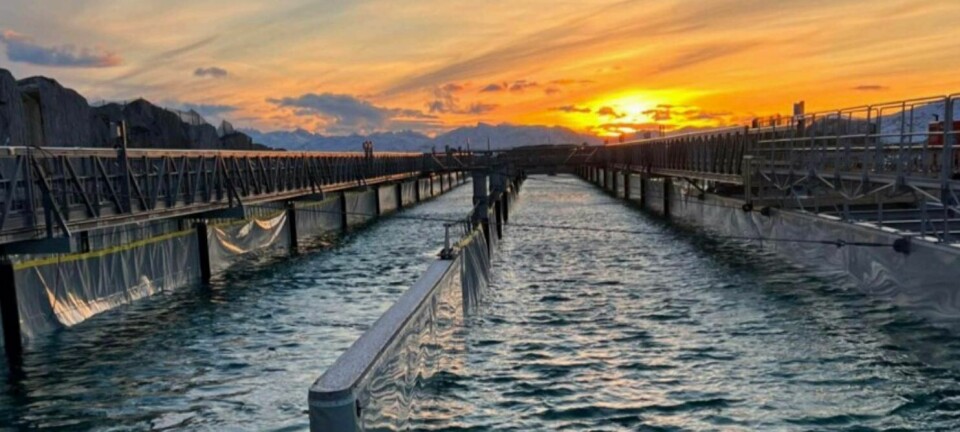
Salmon inquiry ‘will call for tougher regulations’
A Scottish Parliamentary inquiry into the future of salmon farming will call for extensive changes to its complex regulatory regime, according to a report in yesterday’s Sunday Post.
The newspaper quoted “a source close to” the Rural Economy and Connectivity (REC) committee, which carried out the inquiry before the Parliament’s summer recess but has yet to publish its findings.
According to the Sunday Post, the source said: “The current situation creates confusion, with lots of different regulations and various enforcement agencies struggling to cope with the industry’s expansion.”
The newspaper reported that the REC committee is expected to demand tougher regulations to cut down on “waste pollution from farms, the number of sea lice cases and harm to wild salmon stocks”.
In conjunction with industry
But committee members will reportedly leave the way to achieve this up to the Scottish Government, working in conjunction with the Scottish salmon industry.
The Scottish Salmon Producers’ Organisation told the Sunday Post: “We are awaiting with interest the report from the Rural Economy Committee and will study its recommendations carefully.
“We will reserve comment until the report is published, and cannot comment on speculation.”
The REC committee has met four times since MSPs returned from their summer break but has seemingly not yet been able to reach agreement on publishing the conclusions of its inquiry. All discussion about the report has been held in private.

Public session
At the committee’s most recent meeting, last Wednesday, North East Scotland Liberal Democrat MSP Mike Rumbles called for all committee business to be taken in public session, although this request was made after the salmon inquiry report had already been discussed that day.
His request followed allegations by an SNP source in the Herald that Conservative REC committee convenor Edward Mountain, a baronet who owns a lucrative wild salmon fishery, had “ambushed” the draft report on salmon farming to protect his angling interests. According to the Herald, Mountain sprang a list of suggestions on cross-party committee members as they considered the report in a private session.
Rumbles, who referred to the “personal attacks” on the convenor, argued that the work of the committee in private session was being undermined because it had been “clearly misrepresented” by a committee member.
Bona fide
He said: “From that person we have had absolutely no commitment that this won’t continue to happen, and I think it’s completely undermined the work of the committee in private session, because people are reading what’s appearing in the press and that’s what they think we are doing in private session, which is not true.
“So, I would prefer that we took all our business in public session so the public could be assured that what we are doing is completely bona fide and completely right and completely appropriate, because if we continue the way we are that person on the committee will continue in my view to undermine our work.”
Other committee members argued that discussing every item in open session was impractical, as information provided in confidence would have to be withdrawn, and could also curtail the ability of members to speak freely. Rumbles asked for a vote on the issue, which he lost 10-1.




















































